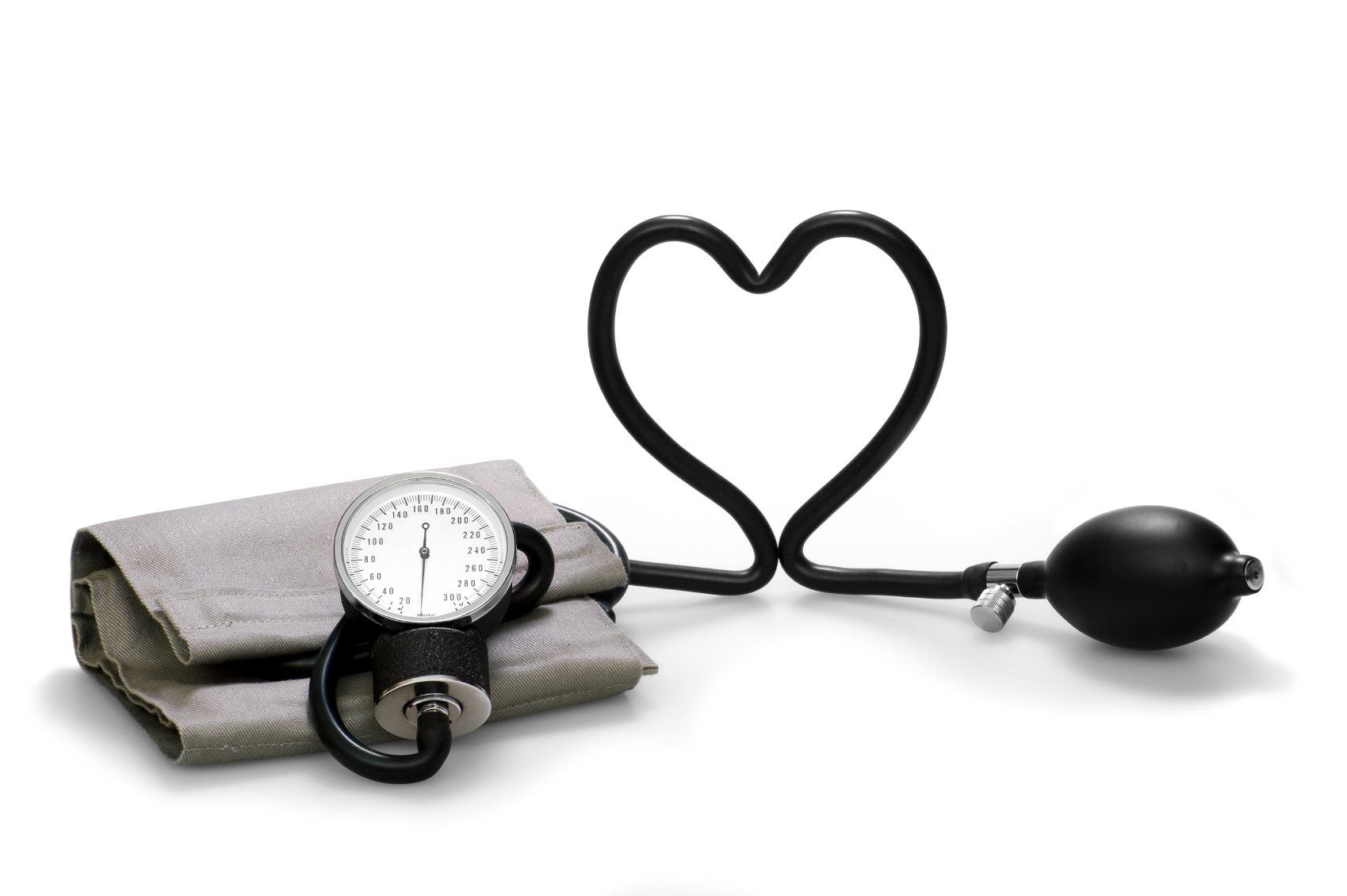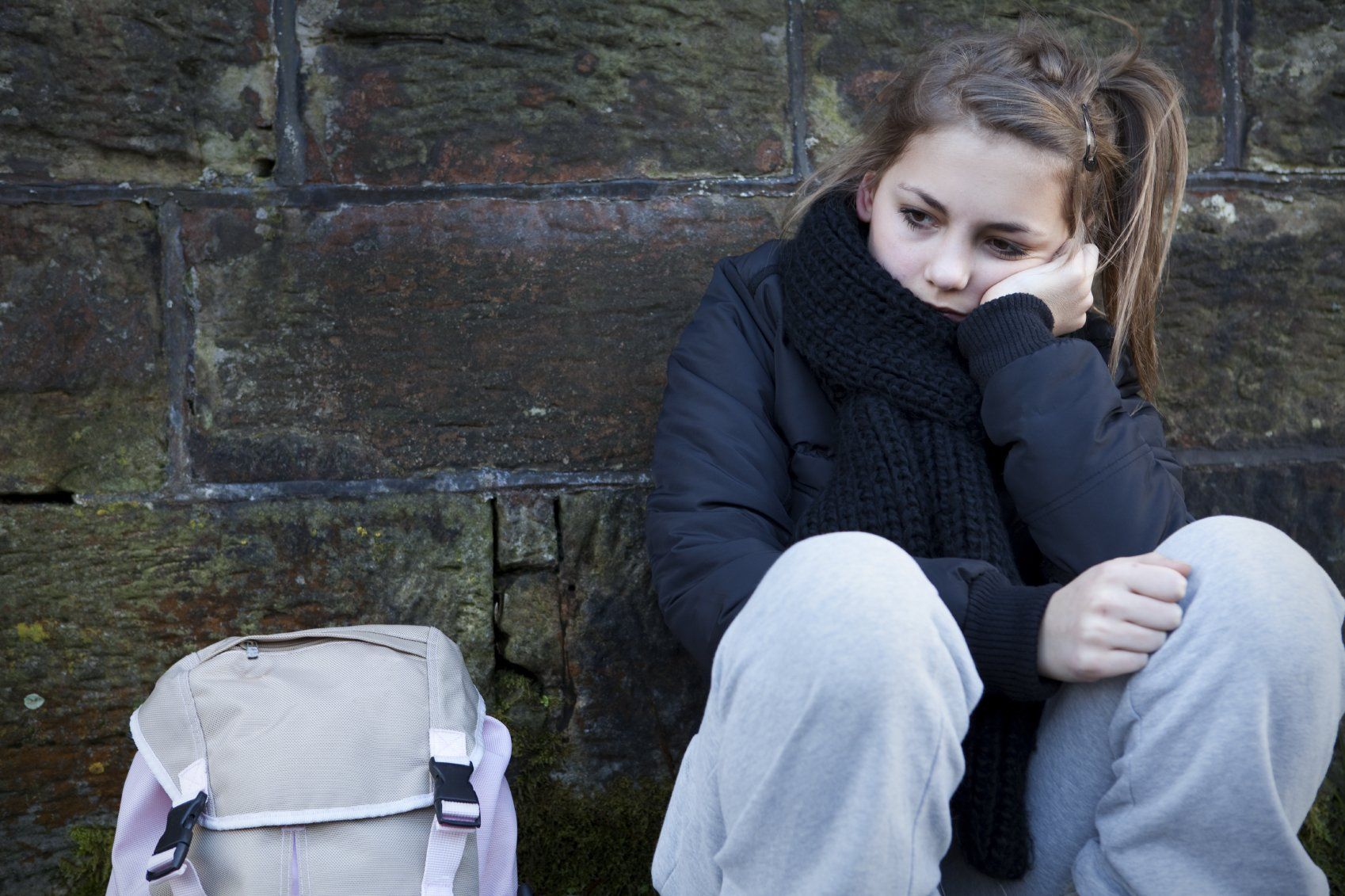Commit to Lifelong Learning
"perpetuam uitae doctrina!"
"Live as if you were to die tomorrow.
Learn as if you were to live forever."
Mahatma Gandhi.

Reduce Stress
Enrich Your Life! We are here to point you in the right direction and cheer you on.
Your lifelong-learning journey will be much more enjoyable and fruitful if you are healthy.

Too much stress can also increase the risk of Alzheimer's disease and dementia.
So it's important to find ways to reduce stress in order to keep your brain healthy. Exercise and diet are two of the best ways to reduce stress and promote a healthy brain.
Regular exercise releases endorphins that can help boost your mood and make you happier.
Eating a healthy, balanced diet can also help your brain stay in good condition and reduce the risk of memory loss.
Lifelong learning is another way to reduce stress and keep your brain active. Keeping your mind engaged in activities such as reading, puzzles, or taking classes can help improve your memory and keep your brain cells healthy.
Taking time out of your day to relax and de-stress can also have a positive impact on your brain health.
By making small lifestyle changes and dedicating yourself to reducing stress, you can give your brain the best chance of staying healthy as you age.
With a little effort, you can ensure that you maintain good memory, cognition, and overall health for a long, happy life.

Fifteen Ways to Reduce Stress When You're Feeling Overwhelmed
Are you feeling overwhelmed by too much stress? If so, you're not alone. Too much stress can have a negative impact on your physical and mental health, which is why it's important to find ways to reduce stress. On this page, we'll be looking at 15 ways to reduce stress when you're feeling overwhelmed. From simple lifestyle changes to creative relaxation techniques, you're sure to find something that works for you. Read on to learn more about the various ways to reduce stress in your life.
List of Services
-
The National Library of MedicineList Item 1
Article: Stress Management
Authors: Mary Worthen; Elizabeth Cash.
In this interesting and informative article, the authors look into the efficacy of mindfulness and mindfulness-based stress reduction (MBSR)programs as an approach to reducing stress.
-
National Institutes of Health: National Center for Complementary and Integrative HealthList Item 2
Article: Mind and Body Approaches for Stress and Anxiety: What the Science Says.
Here is another article chock full of ideas on how an individual can address and manage stress and anxiety. The article delves into relaxation techniques; Yoga and related disciplines; mindfulness and meditation, etc. This is another must-read!
Stress Relief Tips - 7 Ways on How to Lower Stress | Anthem
Video courtesy:
Anthem Blue Cross Blue Shield
1. Get Organized
Organization is key to living a more contented life. Taking the time to organize your home, workplace, and other important areas of your life can help reduce stress and make life easier. When everything is organized, it helps you better understand what needs to be done and gives you the ability to prioritize your tasks. Set aside some time each day or week to declutter and organize.
Create a filing system for important documents, and take a few moments to tidy up your desk or workspace. Having things in their proper place will help you feel more relaxed and in control, allowing you to live stress free and live a happier life.
2. Set priorities
One of the best ways to reduce stress is to set priorities. When you have a clear idea of what needs to be done and when, it’s easier to plan your time and manage your workload. It’s also essential to make sure that you have time for yourself and for leisure activities. Take the time to figure out what’s most important to you and make sure you don’t miss out on any opportunities that can help you live a more contented life.
By setting and following priorities, you’ll be able to better allocate your resources and live a stress-free life. Achieving these goals and accomplishing tasks will bring a sense of satisfaction and a sense of purpose which can help you live a happier life. Make sure that you take some time each day to prioritize your tasks and make sure you do the things that are most important first.
Your Brain on Stress and Anxiety.
The American Psychological Association
Stress Effects on the Body
"Stress affects all systems of the body including the musculoskeletal, respiratory, cardiovascular, endocrine, gastrointestinal, nervous, and reproductive systems."






